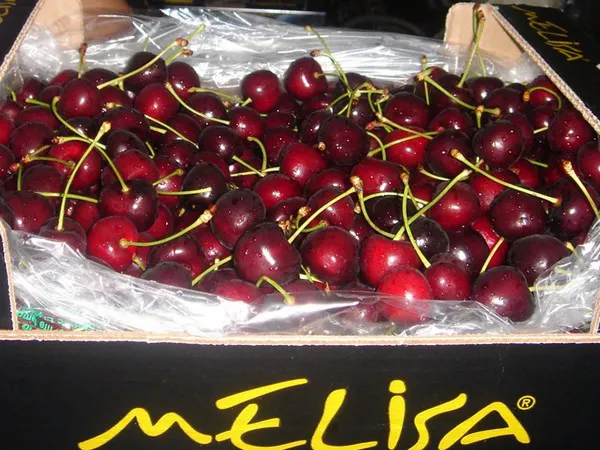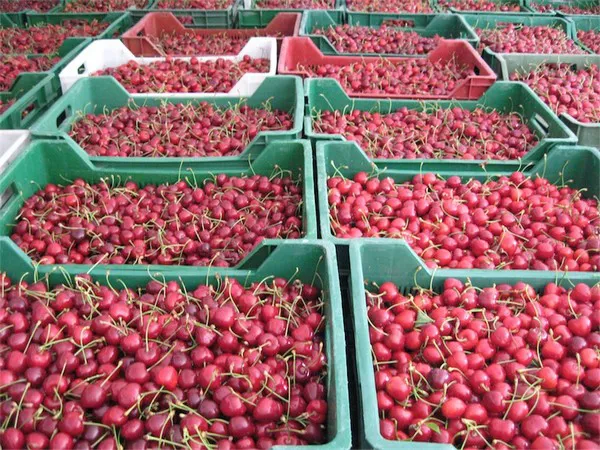The Turkish cherry season is still a little while away, but exporters are already preparing for it. Due to the challenges that have come to light with respect to the coronavirus, one exporter felt it was the perfect time to modernize their packhouse, including the addition of 1152 solar panels on the roof.
Although the Turkish cherry season isn’t right around the corner, it can already be stated the season will start a week later than usual. According to Talha Önal, sales and marketing manager for Turkish cherry exporter Cena, the company has had to make changes to ensure worker safety.
“We are forecasting to start harvesting cherries in second or third week of May for the Ziraat 900 variety. The season is one week late this year, however it currently seems that everything will be as usual in terms of quality and quantity. There will be worker safety issues in the working environment related to COVID-19, but labor supply itself will not be a big issue. A new system will be required for workers in packhouse, production area and harvesting areas in order to keep them safe. Our management has already taken the necessary precautions, such as personal protection and hygiene products for the workers to be actively used. We’re also currently planning to implement thermal cameras systems in the packhouse.”

Turkey is dealing with a shortage when it comes to truck drivers able to drive across borders. “The biggest challenges will be found in the logistics, especially land transportation to Europe and Russia, as the quarantine procedures are implemented very strictly in Turkey. For instance, truck drivers need to be quarantine for two full weeks when they return to Turkey,” Önal explains.
Another issue is not being able to extend visas. “Consulates are also not working, thus visa renew applications cannot be processed and considering that some of the truck drivers visas will be expired soon, they will be unable to drive abroad. This causes a shortage of truck drivers, which in turn leads transportation via truck to be more expensive.”

Cena exports its cherries around the world, and is aiming to expand its market share in India and North Africa this upcoming season. “Our main markets are Europe, Russia, China and South East Asia. Every country has different requirements, as a global exporter we can’t only depend on a single market. Therefore all markets are important for us. For the upcoming season, we’d like to expand to India and North Africa, as we’ve already reached agreements in these territories.”

As work has slowed down, Cena thought it was a great time to start improving the packhouse by adding solar panels to the roof. “It will be an opportunity for those have with the right infrastructure in terms of packhouse modernization, production and harvest experts information system development and sorting technology. At the start of March, the installation of solar panels on our packhouse roof was put in to operation. A total of 1152 solar panels have been fitted on the roof. The installation enables us to be largely self-sufficient for our energy needs. The total of 1152 solar panels exceeds 3500m2 with expected yearly yields of 657,000 kWh. On top of that we’re also the first company in Turkey to have a Compac SFS Optic Cherry Sorter installed.” Önal concludes.
For more information:
Talha Önal
CENA
Tel: +90 538 346 7898
Email: Talha@cena.com.tr
www.cena.com.tr
